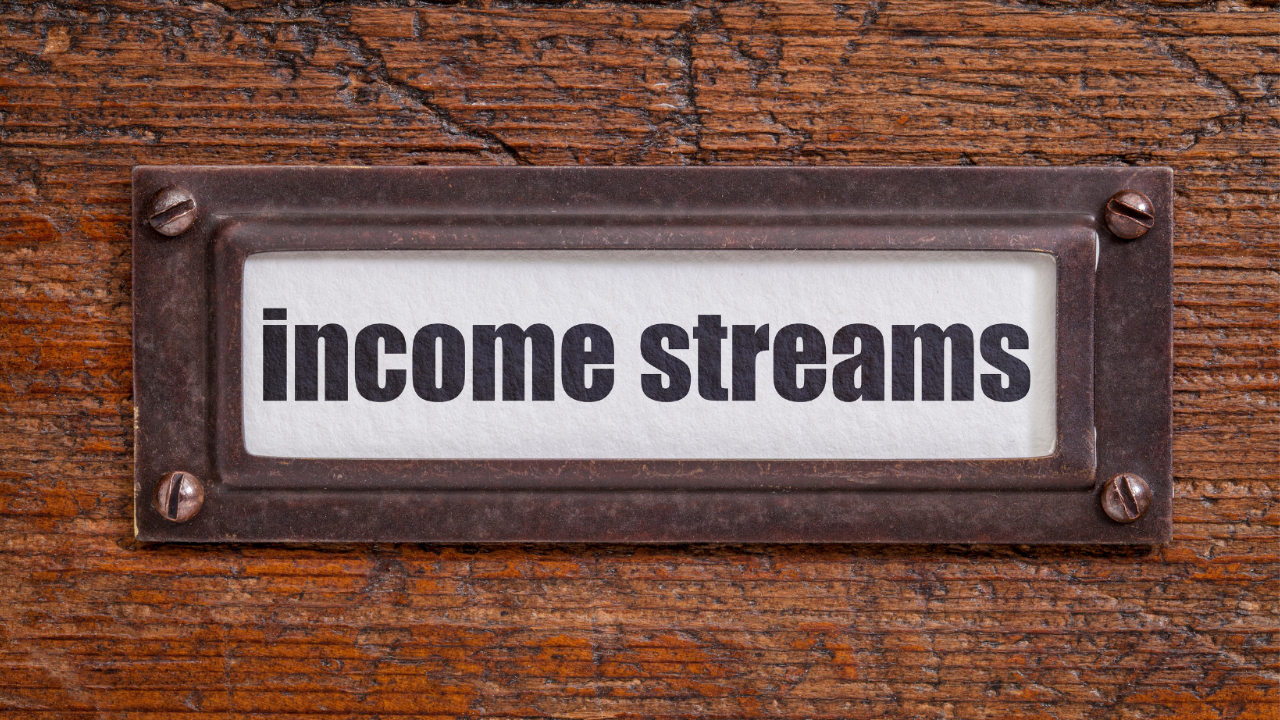No, AI is NOT Taking All the Writing Jobs

To view a video version of this blog post head to our YouTube Channel: https://youtu.be/a4OKAvLu6v4
Lots of nurses today are expressing skepticism to us about becoming a freelance writer because of all the chatter-chat-chat about AI tools like ChatGPT, Google Bard, and others, which they think will be “taking over the writing industry” imminently. This is in a word false.
But we understand why people who are unfamiliar with how health writing works might think this is going to be the case. The media is abuzz with sensational stories about artificial intelligence writing software that can do seemingly amazing things - like crank out an 800-word article on breast cancer in just a few seconds! What human writer can compete with that, right??
Well, please consider that what you might be hearing in the media isn't the whole story. Let us explain to you how the health writing industry really works, including the shocking secret about what our clients really buy from us. Spoiler alert, it's not exactly our writing skills.
A brief history of how nurses came to be prized as freelance health writers
As nurse writers, we create all kinds of content from health articles, like the ones you see on sites like EverydayHealth, to white papers on arcane healthcare topics, to web pages for a health system.
Historically, the vast majority of people writing this content have not been clinicians. Most of this writing has been done by professional journalists, or else just regular folks who decided to become freelance writers because they loved writing. These people have no clinical background whatsoever. And that became somewhat problematic.
In the mid 2000s, Google took steps to prioritize health content written by actual health professionals over content written by non-clinicians because, as you may remember, the World Wide Web was flooded with inaccurate or even misleading health content, written by people with little knowledge of actual pathophysiology, medication, wellness, or anything at all about human health.
When Google changed its algorithm to reward clinician-written health content with higher search rank, editors and clients started looking for clinicians - nurses, physicians, pharmacists, social workers, and so on - to write their content. This approach was not only better for the client, but also for members of the general public, who were reading health content now written by people with deep knowledge into crucial concepts like how to parse a research study and interpret it for patients.
Why clients still prefer human writers over artificial ones
Fast forward to today. Now, AI tools can write health content, too. There's no disputing that. We, at RN2writer, asked ChatGPT to write a 500-word article on recovery after mastectomy, and the program turned that article out in about one minute.
But here's the thing. It wasn't a great article by human reader standards. For instance, it did not take a conversational tone, which is prized by content marketing clients. And the AI was unable to incorporate any research references more recent than about 2021 because it doesn't possess that information in its database.
However, none of that actually matters.
Here's the mind-blowing part of this: No matter how cleverly AI strings together sentences, the fact is, AI has never sat in an exam room holding a sobbing patient as you probably have. And this is what editors and clients actually pay us for.
Sure, our clients want us to possess good writing skills, but they primarily hire nurse writers because of our deep knowledge of human health and the healthcare industry. It’s our insider knowledge that holds great value to them. Let that sink in for a moment.
Remember how we said that companies shifted away from having journalists and non-clinicians write content in favor of having nurses and other health professionals do it? Well, that hasn't changed. Google and other search engines still prioritize health content written by clinicians over content written by others. That won't change with the advent of AI. In fact, many healthcare marketing agencies, magazines, and other clients have already inserted clauses into their contracts forbidding freelance writers from using AI to create any of the content.
This is why now is still the best time in history for nurses and other health care professionals to become freelance writers. The field remains wide open. We hope this post eases your mind a bit, in terms of not needing to fear AI writing software. Clients still prefer human clinicians to write for their audiences.






